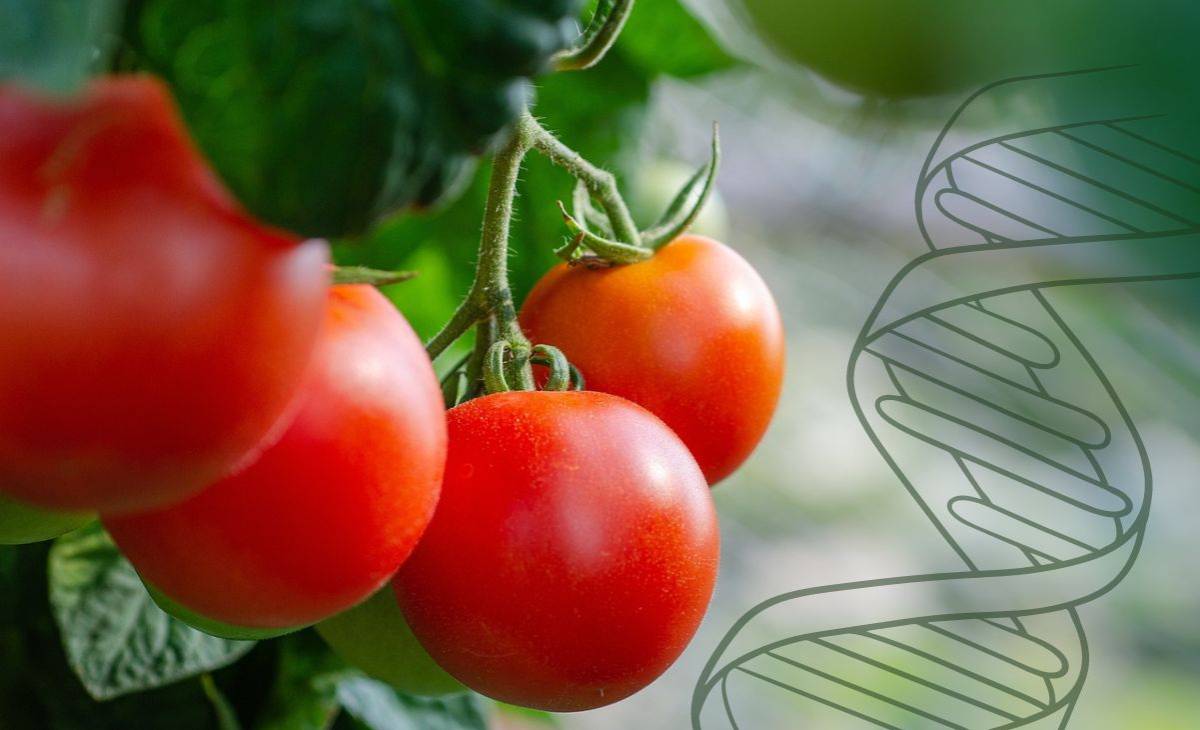Genetic Technology Act becomes law in England
The development for commercial purpose of gene-edited food has become legal in England as, on Thursday 23rd March, the Genetic Technology (Precision Breeding) Bill has gained Royal Assent after its passage through Parliament and a three-month public consultation.
The Genetic Technology (Precision Breeding) Act covers precision-bred plants and animals, developed through techniques such as gene editing, allowing farmers to grow crops which are drought and disease resistant, reducing use of fertilizers and pesticides, and helping breed animals protecting their livestock from catching harmful diseases.
The term “precision breeding” describes a range of breeding technologies, such as gene editing, that enable to edit DNA in a more efficient and precise way than traditional breeding techniques. Gene editing allow to change an organism's DNA by adding, removing, or altering a particular location in the genome creating beneficial traits. This is different from genetic modification (GM), which produces crops containing genetic changes that could not have occurred through traditional breeding or naturally.
The new law allows for the use of gene editing and other methods that may arise in the future, provided the final result is a crop that is no different to a variety that could have been naturally produced.
In the newly adopted Act, it is ensured that the Food Standards Agency will consult on new food and feed legislation and produce a new proportionate risk assessment for precision bred food and feed.
The Act has the powers to:
• Remove plants and animals in produced through precision breeding technologies from regulatory requirements applicable in England to the environmental release and marketing of GMOs (Genetically Modified Organisms).
• Introduce two notification systems; one for precision bred organisms used for research purposes and the other for marketing purposes.
• Establish a proportionate regulatory system for precision bred animals to ensure animal welfare is safeguarded. No changes will be introduced to the regulations for animals until this system is in place.
• Establish a new science-based authorization process for food and feed products derived from using precision bred plants and animals.
With this law, England (as Scottish, Welsh and Northern Irish governments have not permitted the commercial use of gene editing) joins countries such as Argentina, the United States, Australia, and Japan that have already enacted similar legislation.
According to Gideon Henderson, scientific adviser and head of the Department for Environment, Food and Rural Affairs (Defra), the new rules will lead to better food production and will bring jobs and investment to England. “What has changed is that we can now take precision breeding technology developed in the lab and take it to the fields, so we can grow better crops and get them to market faster,” he said.
Detractors of the new regulatory measure are concerned that gene-edited crops in the UK will not have to go through the extensive testing required to GM foods in the EU, which may result in the introduction of toxins and allergens into the food chain. Doubts have been raised also regarding the movement of products: it is not clear how gene edited foods from England will be prevented from entering other parts of the United Kingdom, where they are still banned. Moreover, there is also concern that labelling of gene-edited food is not a requirement.
Sources:
https://bills.parliament.uk/bills/3167
https://www.gov.uk/government/news/genetic-technology-act-key-tool-for-uk-food-security






















